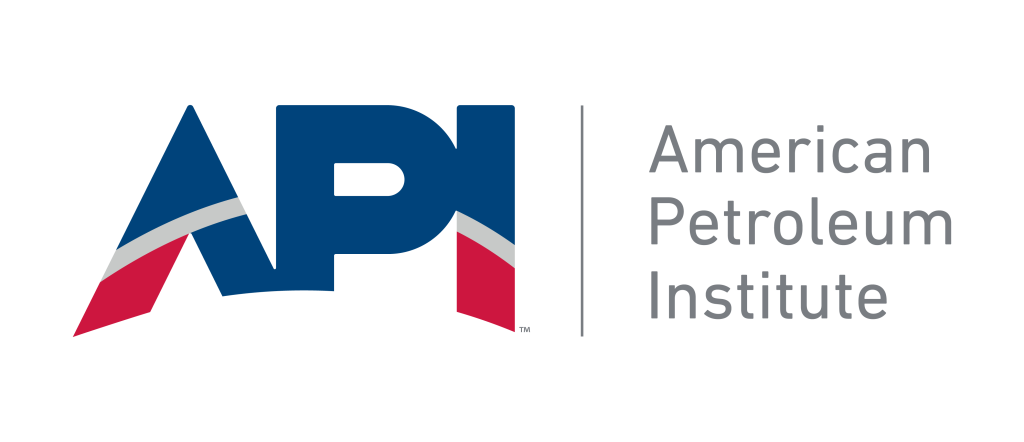Op-Ed:
In today’s global energy landscape, where operating risks are high and scrutiny can be intense, certification provides a competitive advantage, rooted in quality and consistency. The American Petroleum Institute (API) has long helped define what quality and consistency look like, developing widely adopted standards and certification programs that support safe, reliable and efficient operations across the oil and natural gas industry.
As the industry continues to evolve, API’s certification programs have become even more important, giving manufacturers, service providers and repair organizations a demonstrated way to reduce risk, build trust and compete more effectively. Backed by globally recognized standards and independent, third-party auditing, these certifications signal a commitment to quality and operational excellence.
Each program plays a distinct role across the equipment lifecycle, whether through certifying a manufacturer’s capability to manufacture products, verifying an organization’s management system or confirming the ability to maintain critical assets. Together, API Monogram, APIQR and the Repair & Remanufacture programs help companies deliver with confidence.
API certifications: Raising the bar, globally
Since its founding in 1919, API has served as a global benchmark for safety, reliability and performance in the oil and natural gas industry. But its influence extends far beyond publishing technical documents. Through its comprehensive certification programs, API offers companies a structured way to demonstrate conformance to its standards and build credibility.
These programs, which include the API Monogram Program (established in 1924 for product manufacturers), the APIQR Program (for management system certifications) and the more recent API Repair and Remanufacture Program (for organizations that repair or remanufacture critical equipment), are built on globally recognized API standards. API’s ISO 9001 and ISO 14001 management system certifications are ANAB-accredited, reflecting a shared commitment to safety, operational excellence and consistency.
API currently offers three core certification programs:
API Monogram: Certifies facilities that manufacture equipment that meets applicable API product specifications and that have implemented API Spec Q1.
APIQR: Verifies that an organization conforms to one or more management system standards, including API Spec Q1, API Spec Q2, API 18LCM, ISO 9001 and ISO 14001.
Repair & Remanufacture Certification: Recognizes facilities that restore or remanufacture equipment in accordance with API technical specifications such as API 16AR.
Together, these programs help companies strengthen performance, reduce operational risk and demonstrate their commitment to consistent, high-quality outcomes.
Monogram: Elevating product standards
The API Monogram Program is one of the industry’s most recognizable symbols of product quality and compliance. Licensed organizations use the Monogram to certify that equipment not only meets applicable API standards but is also manufactured under a quality management system that complies with API Spec Q1.
That assurance carries significant weight in procurement environments where performance and risk mitigation are top priorities. But quality doesn’t stop at certification. Through API’s Nonconformance Reporting (NCR) system, licensees, operators and even anonymous parties can report (or self-report) concerns about nonconforming products or practices. Each report is investigated, and when necessary, corrective actions are taken.
This mechanism of transparency and accountability reinforces trust in the Monogram mark. It also promotes a culture of continuous improvement, allowing issues to be identified and addressed before they escalate into failures or reputational risk.
APIQR: Certifying the system
While the Monogram mark applies to products, APIQR focuses on the systems that support them, certifying quality management system conformance to one or more of the following standards:
API Spec Q1: Tailored for manufacturers and service providers in the petroleum and natural gas industry.
API Spec Q2: Focused on service supply organizations, particularly in wellsite environments.
API 18LCM: Incorporates a lifecycle approach to managing critical equipment.
ISO 9001 / ISO 14001: Broadly recognized international standards for quality and environmental management.
By achieving APIQR certification, companies demonstrate their commitment to consistent, well-documented and auditable processes, reducing nonconformities, improving traceability and aligning more closely with customer and regulator expectations.
Repair & remanufacture: Restoring confidence in critical equipment
As more operators look to extend equipment life and reduce waste, repaired and remanufactured components are playing a larger role in energy operations. But without a clear, verifiable process, the quality and consistency of these services can vary widely.
API’s Repair & Remanufacture certification addresses that challenge directly. It recognizes organizations that demonstrate the capability to restore equipment to API standards. The program launched this year starting with API 16AR, which governs drill-through equipment such as blowout preventers and hydraulic connectors.
To participate, facilities must meet the applicable product standard and operate under a Q1-compliant quality management system. That combination ensures that all repairs, whether performed onshore, offshore or in the field, meet the same high-performance expectations. For operators, it provides confidence in equipment integrity. For service providers, it offers a powerful credential in a competitive market.
Certification as a competitive advantage
While API certification delivers clear technical benefits, its business value is equally important, especially in procurement, qualification and regulatory contexts.
Consider a manufacturer entering a new market with strict quality requirements. Without Monogram certification, that company may face additional scrutiny, prolonged evaluation cycles or even disqualification. Likewise, a repair facility without recognized credentials may struggle to win service contracts from risk-averse operators.
Now consider the alternative. That same manufacturer, backed by API certifications, presents a verifiable record of performance. Auditors and procurement teams can verify compliance through the API Composite List, accelerating qualification and building trust.
Beyond procurement, certified companies also benefit from:
Fewer delays tied to documentation gaps.
Greater acceptance in countries that prioritize local content or in-country value (ICV) initiatives.
A stronger reputation with customers and regulators
A safer, more sustainable future
At a time when safety, sustainability and operational integrity are more important than ever, API certification marks serve as a practical way for companies to demonstrate competence.
Whether applied to products, systems or critical equipment repairs, these certifications provide a globally recognized signal of quality, helping companies navigate complex markets, build customer trust and operate with confidence.
To learn more about API’s certification programs, visit www.api.org/Monogram.

